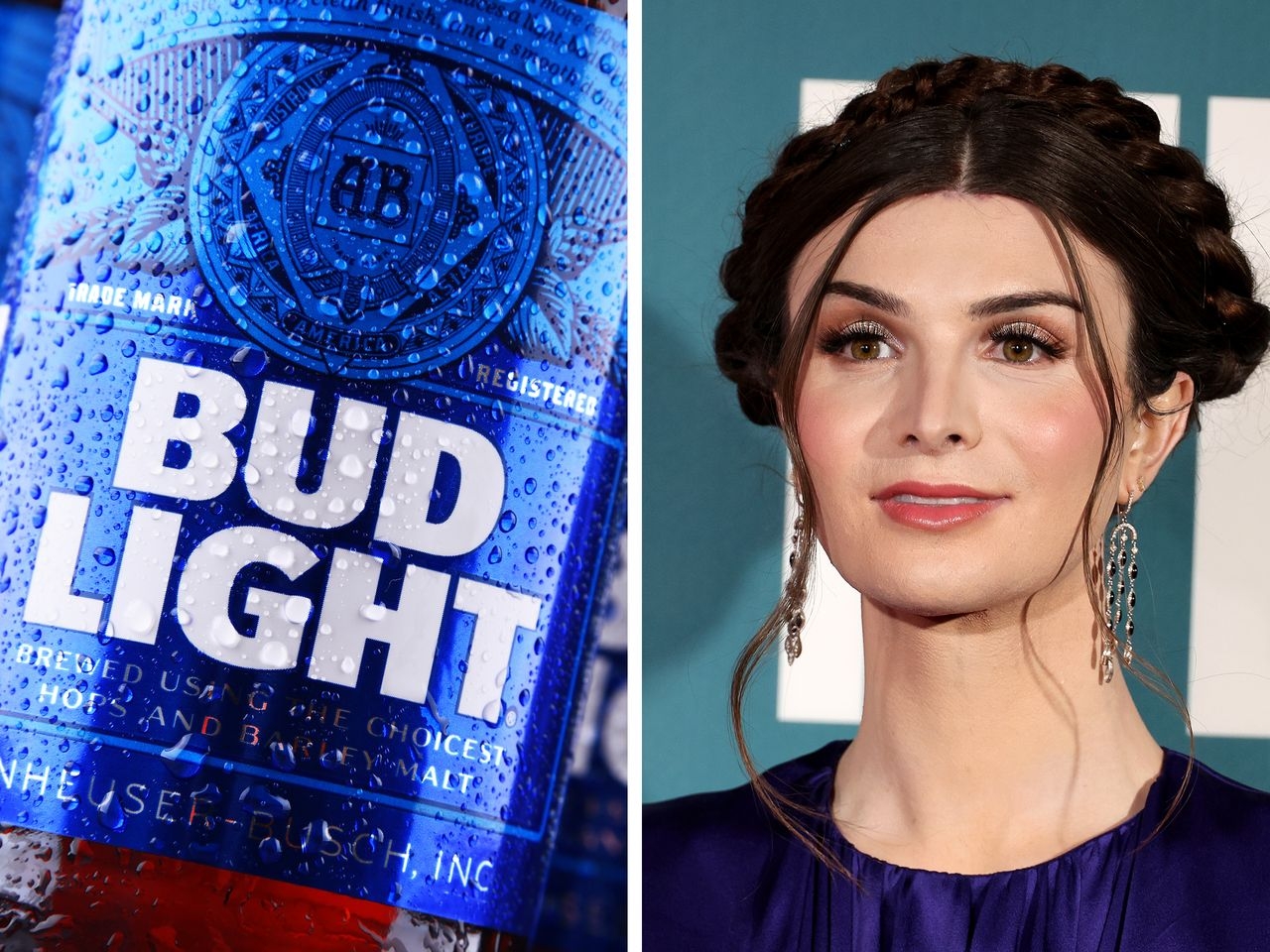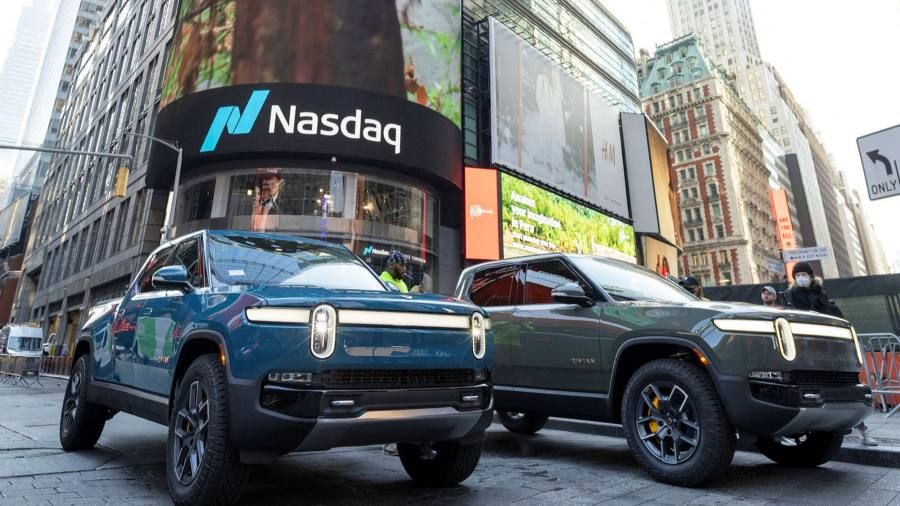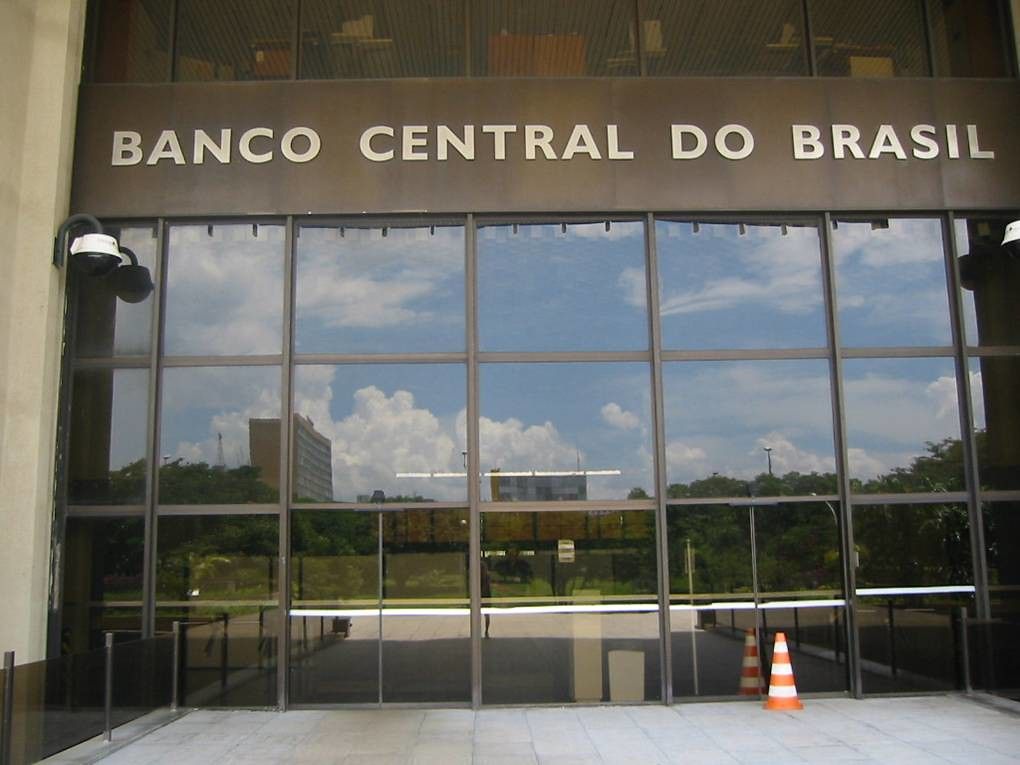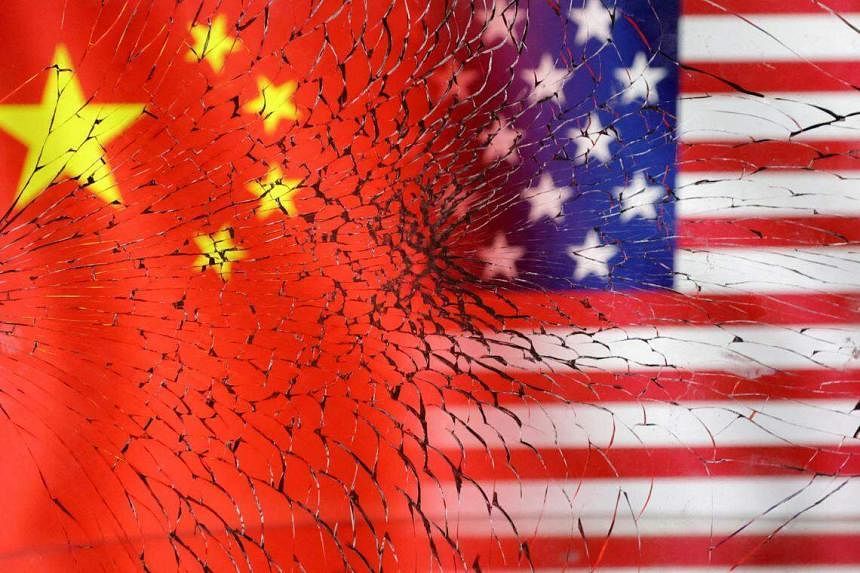In recent weeks, a peculiar promotional event involving Bud Light, the popular beer brand under the Anheuser-Busch InBev (BUD) umbrella, has caught Wall Street off guard. The saga, initially intended as a marketing move, appears to have gone awry and provoked a conservative backlash, leading to an unexpected downturn for the global beer conglomerate’s shares.
Investors had been observing a revival in the company’s performance until Bud Light’s collaboration with transgender influencer Dylan Mulvaney spurred a boycott among certain customer segments. Following the announcement of strong first-quarter results in early May, BUD’s stock has taken a hit, plunging about 11% to $58.80, further distancing itself from its 2016 peak of $133.
Despite this turbulence, some market analysts see this as a potential investment opportunity. The share price now hovers around 18 times projected 2023 earnings of $3.19 per share, which is significantly lower than comparable consumer stocks like Coca-Cola (KO) and PepsiCo (PEP), each commanding roughly 25 times earnings.
The Bud Light controversy has undoubtedly left a bitter taste, but it’s essential to note that only 30% of BUD’s profits are derived from the U.S. and Canada. The company has a sturdy foothold in other global markets, especially in Central and South America, where it draws about half of its profits. Anheuser-Busch InBev’s ability to boost its dividends to a yield of 1.4% recently, thanks to its improved balance sheet, serves as an encouraging sign amid the turmoil.
Evercore ISI analyst Robert Ottenstein sees the current predicament as a temporary challenge and posits that this dip might make for an attractive entry point for investors. He maintains an outperform rating on the stock, with a price target set at $80.
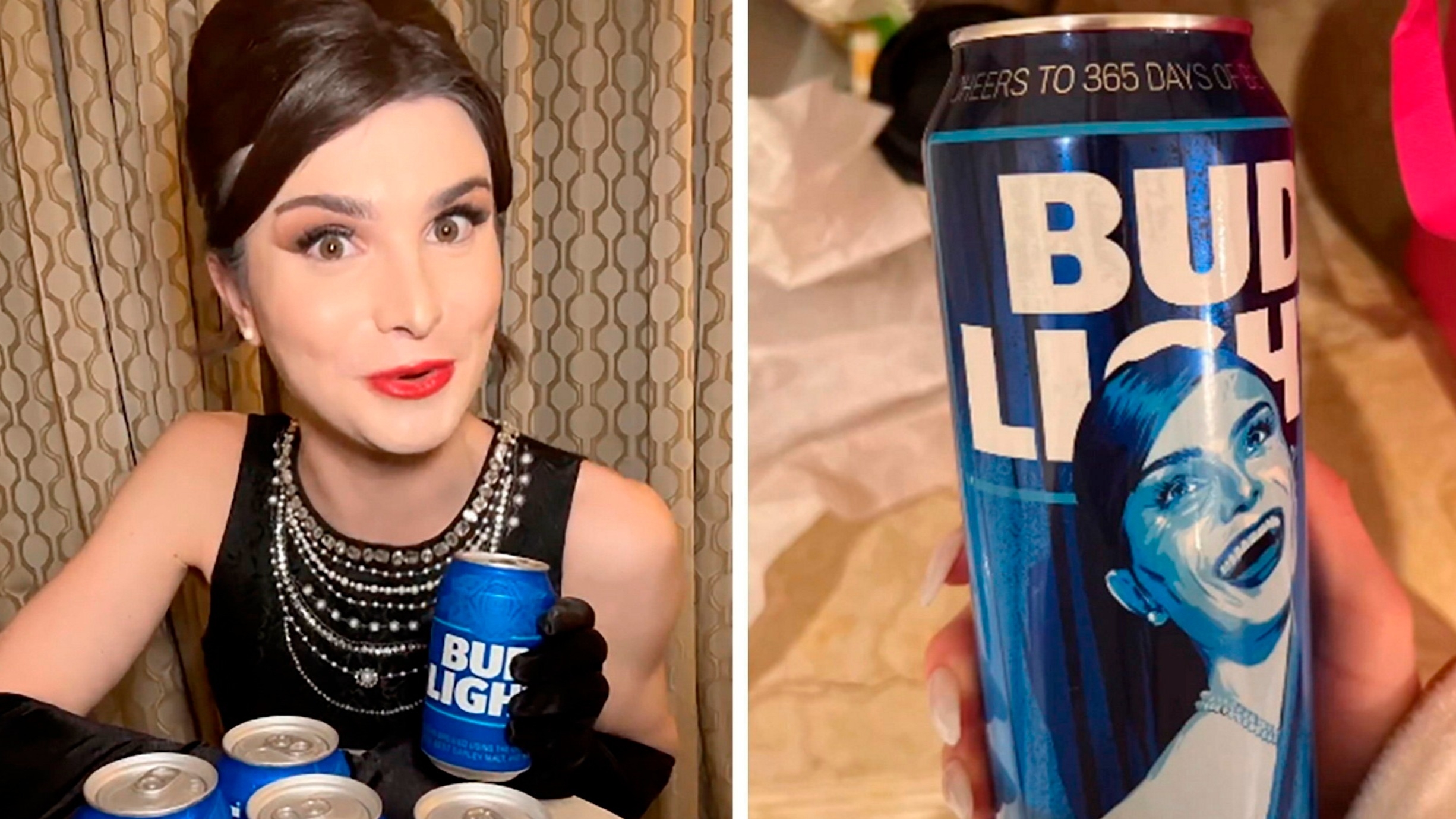
However, prospective investors must keep an eye on the underlying issues. The Bud Light debacle has forced Wall Street to trim its 2023 estimates for BUD by about ten cents per share, projecting little to no growth for the year. Since the controversy came to light a little over a month ago, Bud Light’s retail store sales have dropped over 20%, and speculation suggests that the dip in bars and restaurants may be even steeper.
Moreover, it’s not just Bud Light that has felt the heat. The adverse effects have seemingly bled over to other BUD brands, including Budweiser and Michelob Ultra, further impacting the company’s U.S. performance. This is particularly troubling considering Michelob Ultra had been one of the few bright spots in the company’s domestic portfolio, which has been grappling with a steady decline in overall U.S. volume for a decade.
Despite the domestic discord, BUD’s global performance paints a more hopeful picture. The company witnessed a 1.8% rise in global beer volume in 2022 and a 0.9% increment in the first quarter, with revenue soaring by 12.4% on the back of higher pricing. Citigroup analyst Simon Hales, who retains a buy rating on BUD with a $73.50 price target, anticipates a 13% slump in Bud Light’s volume in the final three quarters of 2023. However, he believes that the stock price has already factored in these woes.
The narrative surrounding Anheuser-Busch InBev is changing under its new leadership. With the departure of Carlos Brito, the former CEO known for his acquisition-heavy growth strategy, and the arrival of Michel Doukeris, the company has shifted its focus toward driving volume and revenue growth. BUD’s current strategy emphasizes its premium-priced beers, such as Corona, Stella Artois, and Budweiser, which are marketed worldwide. It appears to be paying off, with earnings in the first quarter rising 9% YoY to 65 cents a share.
While the Bud Light saga may have caused a stir in the short term, some analysts, including Ottenstein, believe that its impact will dissipate by next year. This sentiment is mirrored in the FactSet consensus that foresees a 15% hike in 2024 earnings to $3.69 a share, making the stock look reasonable at 16 times forward earnings.
Nevertheless, it remains to be seen how this will unfold, especially considering the botched handling of the marketing strategy involving Mulvaney and its fallout on BUD’s image. Despite the troubles, if one takes a step back and looks beyond the Bud Light controversy, the current dip might just represent a chance for investors to pick up shares of a leading global beer brand at a bargain.
©traders-news.online






